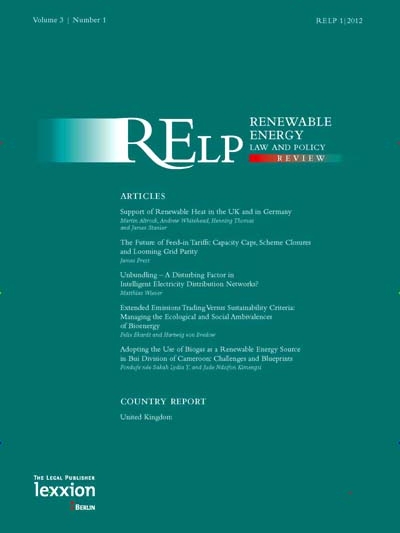Energiewende Made in the USA - Luncheon with Amory Lovins
- Event
- Date
-
- Location
- Berlin, Germany
- Speaker
On 27 November 2013, Amory Lovins, the American physicist and environmental scientist, visited Ecologic Institute in Berlin. During a luncheon he spoke to the audience about the most important research findings of his most recent book: "Reinventing Fire." Amory Lovins is one of the cofounders, the chief scientist, and the chairman emeritus of the Rocky Mountain Institute (RMI), a research and consulting organization that focuses on sustainable development. He has been active in the fields of energy, natural resources, economics, development, security, and environment for over 40 years and in over 50 countries.
In his short introduction, R. Andreas Kraemer highlighted the great importance of Amory Lovins for the German Energiewende, for which, through his work, he helped pave the way.
How New Materials Can Revolutionize the Design and Refurbishment of Buildings and Vehicles
On the one hand, this means the development of a carbon fiber material, which makes cars lighter and more energy efficient and therefore makes the broader adoption of electric vehicles possible. Additionally, Amory Lovins presented opportunities for building renovations that can significantly reduce energy consumption and he named a few examples, like the Empire State Building and the Byron Rogers Building, in which these methods have already been successfully applied. He went on to explain why electricity supplied by renewable energies can be just as reliable as that from coal and nuclear power plants, when multiple energy sources are combined to ensure that all electricity needs are met. All of the results were also presented visually, with statistics, maps, and graphics.
China's Contradictory Roll
Lovins' colleague Clay Stranger subsequently spoke about the use of renewable energies in China and the contradictory roll that the country plays as a strong economic power that simultaneously consumes a large quantity of energy and oil, while also vigorously developing renewable energies and reducing its energy consumption in recent years. Through the utilization of energy-saving technologies, it is possible in many years to reduce national energy intensity by around 5%.





